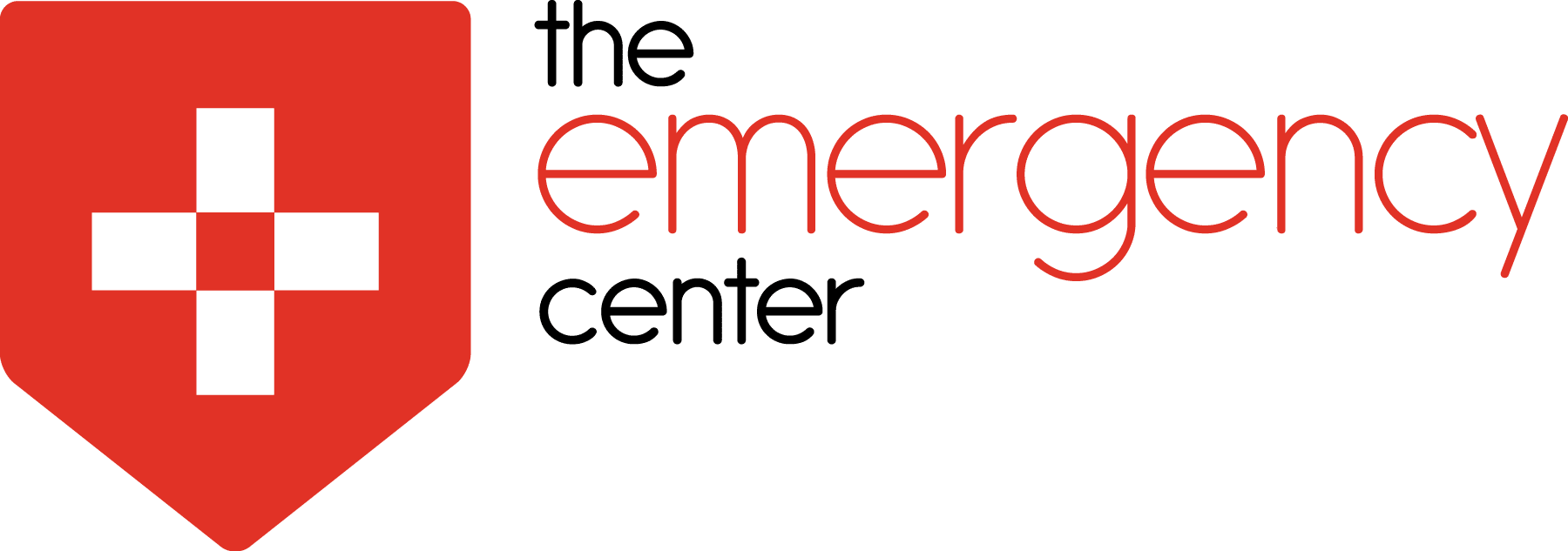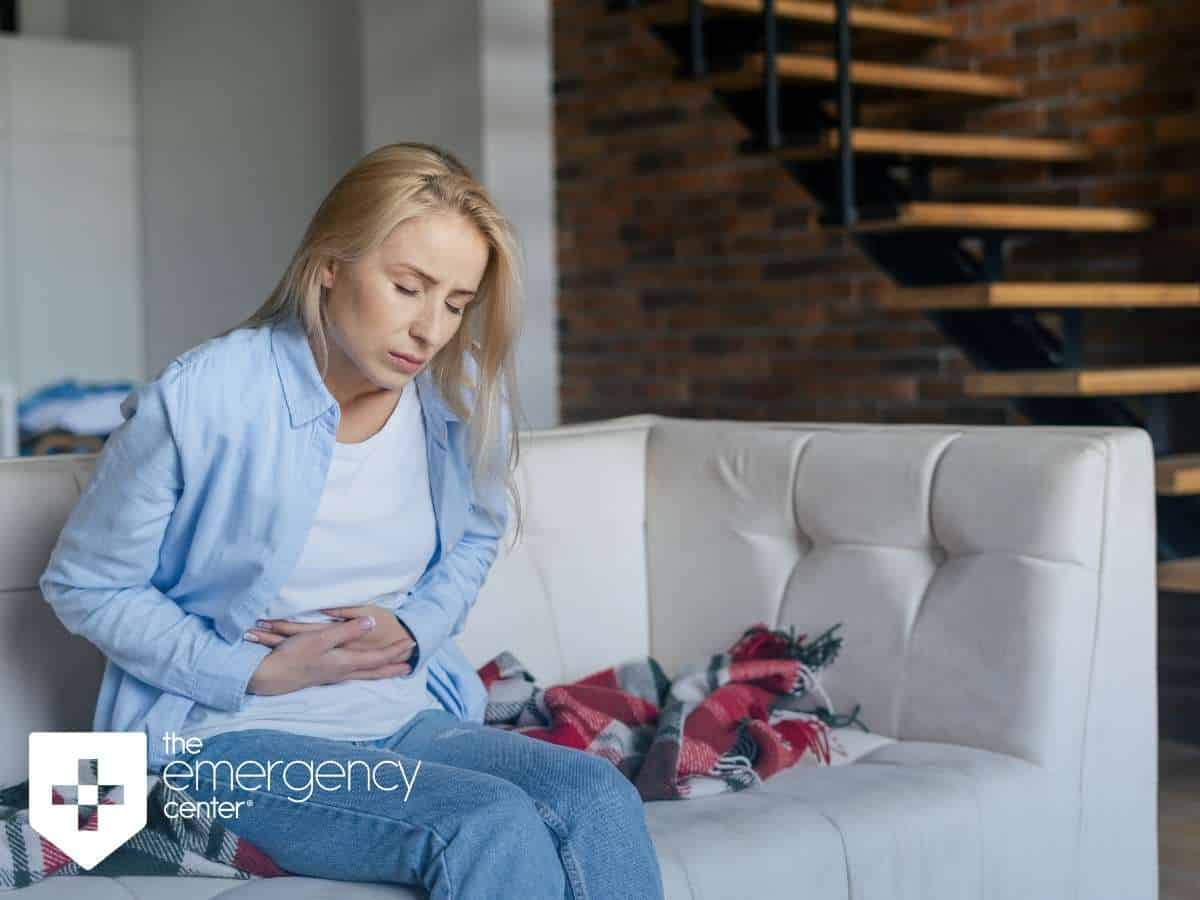Identifying E. Coli Symptoms & Prevention
How Does The Escherichia Coli Bacteria Spread?
From time to time, the media brings news of an E. coli outbreak causing illness and possibly hospitalizations—usually tied to a restaurant or food brand. While healthy people already have E. coli bacteria living in their gut, these outbreaks highlight that certain strains of E. coli can cause severe GI illness. Treating E. coli quickly and correctly can help smooth the recovery.
Most E. coli cases are caused by eating or drinking something that is contaminated, such as a hamburger that is undercooked or products (particularly leafy greens) that became contaminated where it was grown and not thoroughly cleaned. Water that has not been properly disinfected—whether its drinking water or water from a pool or lake—also can be a source of E. coli. While person-to-person transmission is possible, it is not very common.
Signs & Symptoms Of An E. Coli Infection
There are no obvious signs that a meal or drink may contain harmful E. coli. Basic hygiene practices such as making sure meat is thoroughly cooked, fruits and vegetables are thoroughly washed, and cleaning hands before and after food handling, are the best ways to try to prevent this unseen bacteria.
As with many other types of infections, the elderly and young children are most at risk of getting sick from E. coli. Signs of a potential E. coli infection include:
- abdominal pain/cramps
- Vomiting or nausea
- Loose stool and/or bloody diarrhea
- Fever
These symptoms may be similar to an array of other illnesses and sources of food poisoning; however, severe E. coli infections can lead to potentially life-threatening issues like internal bleeding and kidney failure.
When To Seek Emergency Medical Care For E. Coli
So how can you tell if it’s food poisoning, another type of illness or E. coli? The only way to know for sure is to have stool tested. That’s why it’s important to pay attention to symptoms and seek urgent care at The Emergency Center if symptoms progress beyond mild to moderate or severe. That means getting checked out if you:
- have diarrhea that lasts for more than a day or two
- have bloody diarrhea
- have a fever higher than 102˚F
- are experiencing intense stomach pain
- are vomiting so much that you cannot keep anything down
The Emergency Center can help alleviate these symptoms with appropriate medications and IV fluids for dehydration.
How Not To Treat An E. Coli Infection
With E. coli, it’s also important to know how not to treat it. For instance, although it is a bacterial infection, antibiotics as a treatment should be avoided, as they can cause kidney complications. Likewise, antidiarrheal medications should not be used because diarrhea is one of the ways the body helps rid itself of the bacteria.
Most patients recover from an E. coli infection in five to 10 days. While it may be a rough week or two, with the right approach to care, more serious complications can be avoided.

The Emergency Center
San Antonio
11320 Alamo Ranch Pkwy
San Antonio, TX 78253
Phone: 210-485-3644
Conroe
4019 I-45 N,
Conroe, Texas 77304
Phone: 936-247-9457

